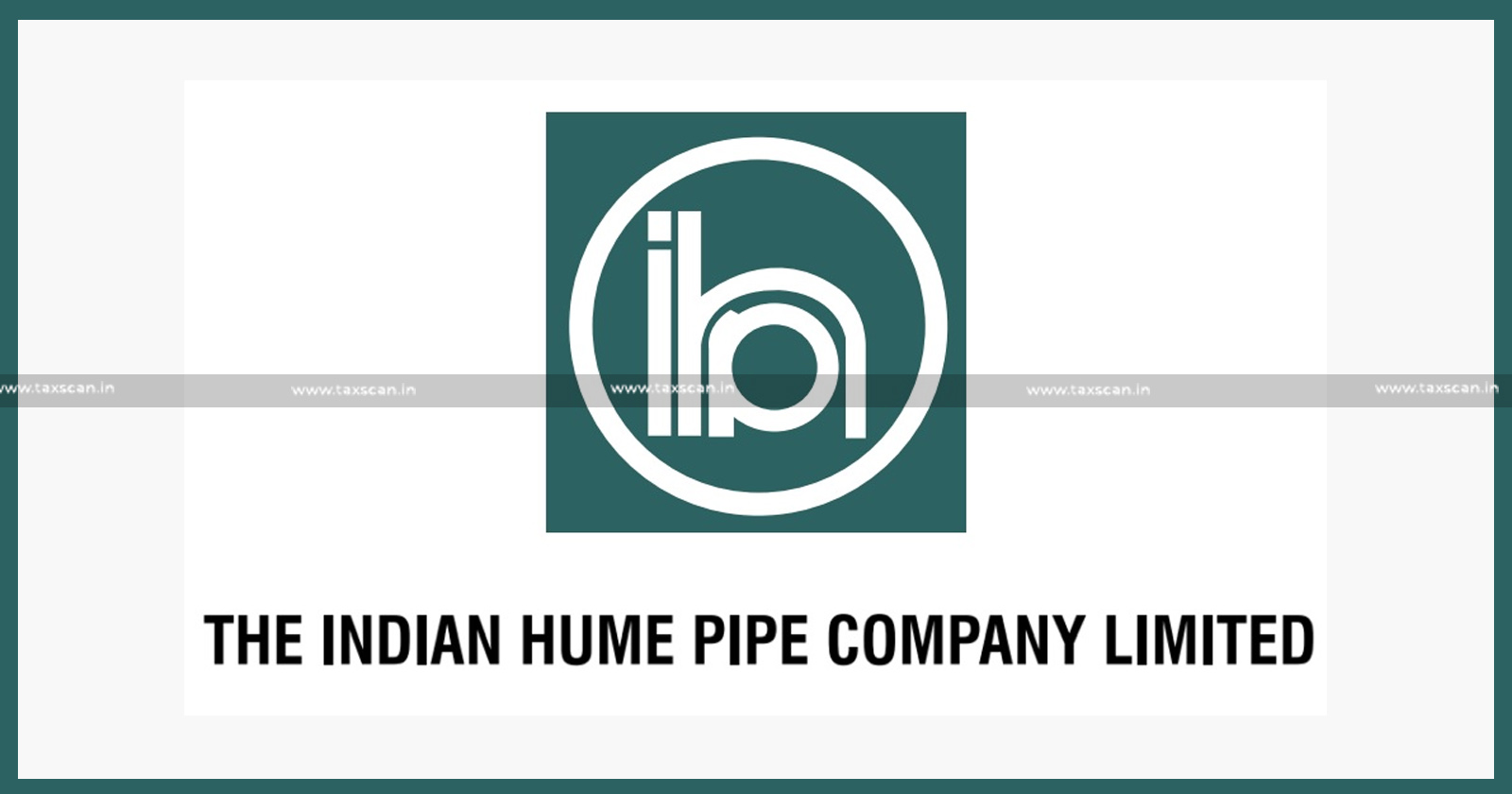Test of Commercial Expediency for determining Business Expenditure shall be applied from point of Business Man, not Revenue: Bombay HC grants Relief to Indian Hume Pipe

The Bombay High Court, while granting relief to the Indian Humes Pipe Co. Ltd. has observed that the test of applying the test of commercial expediency for determining whether an expenditure was wholly and exclusively laid out for the purpose of the business, reasonableness of the expenditure has to be adjudged from the businessman's point of view and not from the Revenue’s perspective.
The bench of Justice G.S. Kulkarni and Justice Jitendra Jain viewed that the Assessing Officer (AO) and the Tribunal were not justified in disallowing part of the commission payment for the assessment years 1986-87, 1987-88 and 1988-89 received by the assessee company.
The Appellant-assessee, The Indian Hume Pipe Co. Ltd, is a company listed on the stock exchange and is engaged mainly in the business of manufacturing and sale of R.C.C. Pipes, Steel Pipes etc. which are required for water supply and drainage systems.
On 30th June 1986, the appellant filed its return of income declaring income of Rs. 1,89,85,950. The AO disallowed a sum of Rs. 22,89,941/- on account of commission payment claimed as deduction by the Appellant Assessee.
The AO allowed only 1/3rd as deductible expenditure and disallowed balance 2/3rd on the ground that the entire payment cannot be considered as laid out wholly and exclusively for the purpose of the business because neither the appellant-Assessee nor the recipients of commission could show that orders were procured with their assistance.
The assessee approached the tribunal. However, the tribunal disposed of the appeal. The Tribunal restricted disallowances to 2/3rd of the total commission and granted relief of 1/3rd of the amount of Rs. 1.40 lakhs, since the said party admitted to have received an amount of Rs. 1.40 lakhs and the Appellant Assessee has not brought on record any material to explain the discrepancy in the amount shown to have been paid by the Appellant Assessee of Rs.1,82,807/- and admitted to have been received by the recipient.
Indian Hume Pipe submitted that the payments have been made through a banking channel and there is no allegation that payments made to the commission agent have come back to the Appellant. The Appellant further submitted that the nature of services are such that there would not be any documentary evidence in support thereof.
On contrary, the Respondent-Revenue contended that the appellant-assessee has failed to furnish any evidence to show that services have been rendered and therefore, the AO was justified in disallowing the commission.
The High Court viewed that the services are either rendered or not rendered and the Assessing Officer and the Tribunal having allowed partly the commission payment clearly indicates that both the authorities have accepted that the services have been rendered.
The bench further stated that the payments have been made through banking channels. Therefore, even on this account, the genuineness of the payment coupled with our observation made hereinabove cannot be doubted.
The bench observed that it is a settled position that the Revenue cannot sit in judgment over the assessee to come to a conclusion, how much payment should be made for the services received by the appellant-assessee.
Therefore, in the view of the Division bench, the Tribunal was not justified in confirming the disallowance of 2/3rd as made by the AO and allowing the relief of only 1/3rd of the expenses.
To Read the full text of the Order CLICK HERE
Support our journalism by subscribing to Taxscan premium. Follow us on Telegram for quick updates
The Indian Hume Pipe Co. Ltd vs Commissioner of Income Tax , 2023 TAXSCAN (HC) 1329 , Mr.S.Sriram Mr.B.V. Jhaveri & Ms.Bhargavi Raval , Mr.Suresh Kumar

